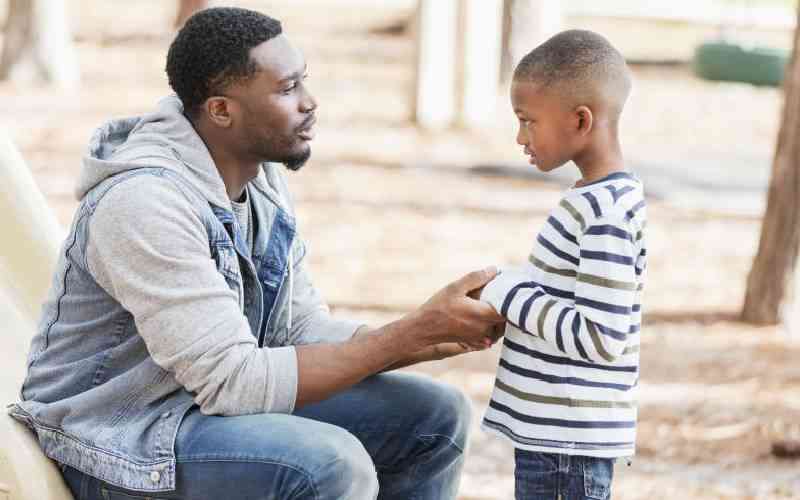×
The Standard e-Paper
Join Thousands Daily

Up until around the early 1980s, adults other than parents could chastise children they found in the wrong. Uncles could reprimand nephews or nieces if they found them in the wrong. The wrongdoing could be leaving livestock to destroy crops, truancy, disrespectful behaviour, petty theft, bullying and other delinquencies.